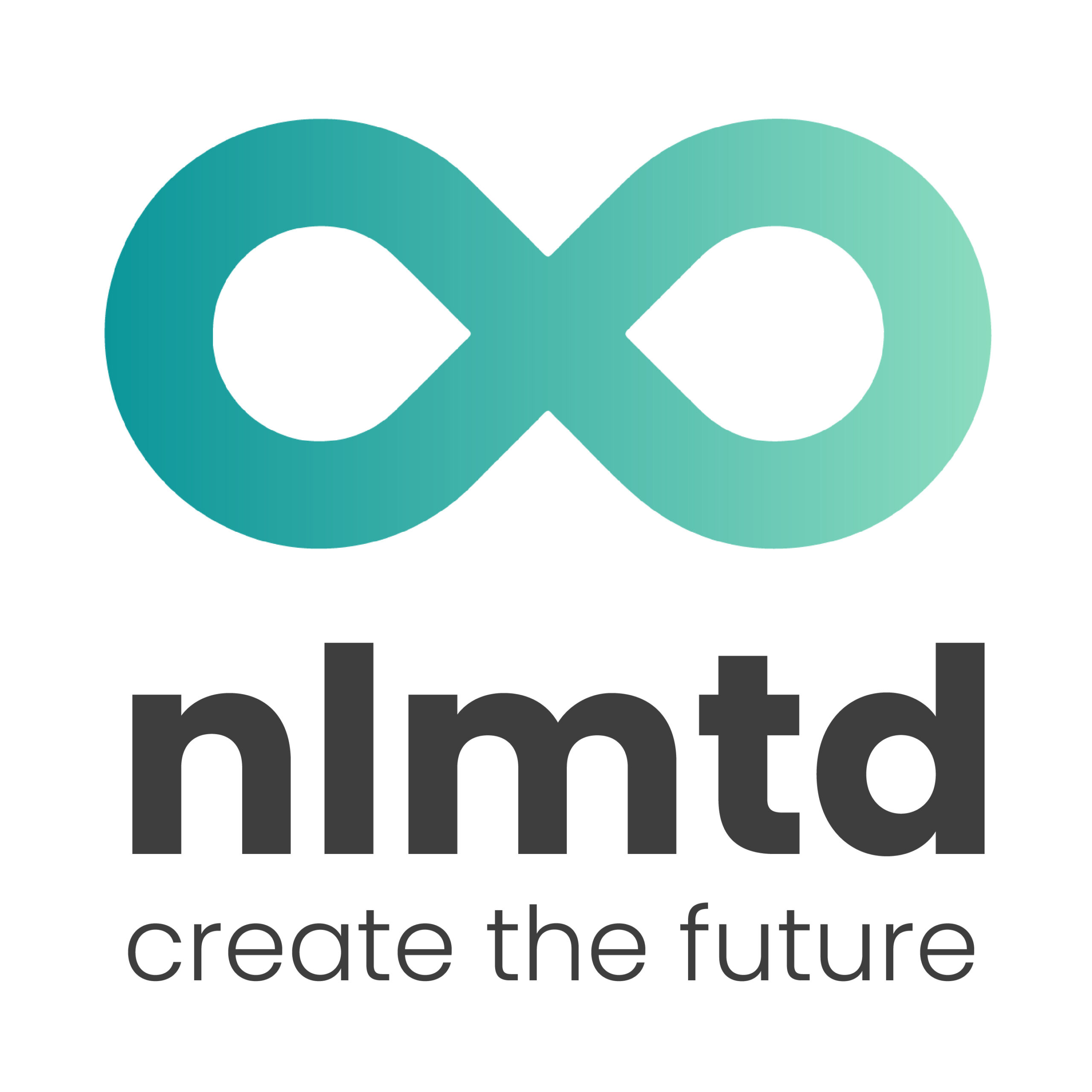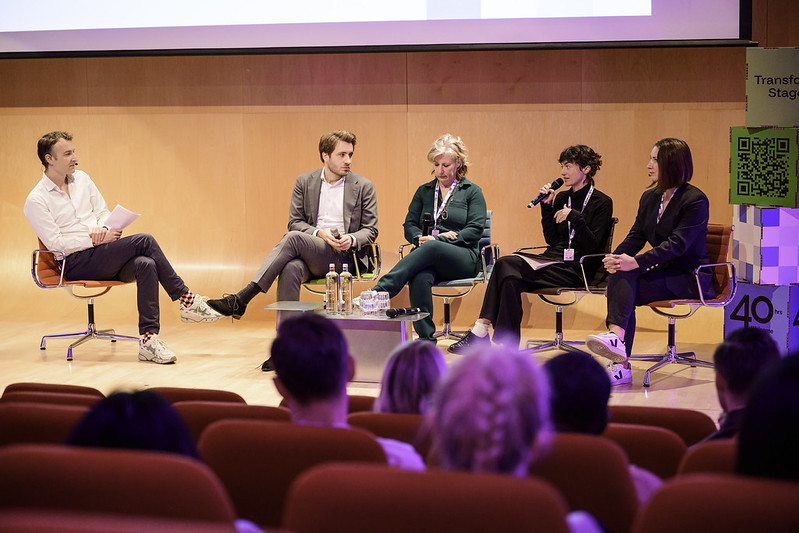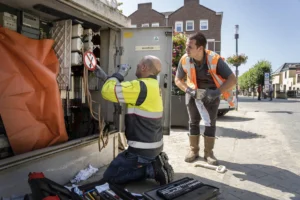
Willem Koeman
Director
Willem has worked at the intersection of digital innovation, public governance and societal transitions for more than 15 years. From his role as Director at nlmtd, I help public and private organizations with digital strategies that are not only future-proof, but also add social value. I connect people and ideas, bring overview to complex issues and ensure that beautiful ambitions actually come to fruition.
Share this article
Europe at a crossroads: why digital sovereignty can't wait
At the recent ‘Welcome to Change’ festival at WTC Amsterdam, leaders from tech, policy, and research gathered to tackle one of Europe’s most pressing challenges: digital autonomy. Moderated by Willem Koeman, Director at nlmtd, the conversation explored how Europe can reclaim control in a world where algorithms shape what we see and data has become the new currency. The question is no longer if we need sovereignty—it’s how fast we can achieve it.
Why digital autonomy matters
Ellen Mok, founder of de Digitale Doetank, opened the discussion with a stark reality: Europe’s critical infrastructure runs largely on American technology. “That’s been fine for years,” she noted, “but under U.S. law, not ours.” Digital sovereignty isn’t about isolation—it’s about control. Control over technology, over data, and over the laws that govern them. Without it, Europe risks becoming a digital colony, dependent on foreign interests that don’t always align with our own.
The urgency is clear. Geopolitical tensions such as Trump’s hard-power politics or the war in Ukraine underscore the fragility of Europe’s position. As Mok put it: “If we want to defend our values, we need the ability to act independently.”
The myth that switching is complex or unsafe is not true. We can demonstrate that it is safe.
Diana Krieger - Soverin
Where do we start?
Panelist Diana Krieger, co-founder of the privacy-focused email provider Soverin, offered a practical first step: rethink your e-mail. “Email is still the biggest social network,” she explained. “Your inbox contains your digital life-health, finances, family. Free e-mail services turn that into a data gold mine for profiling.”
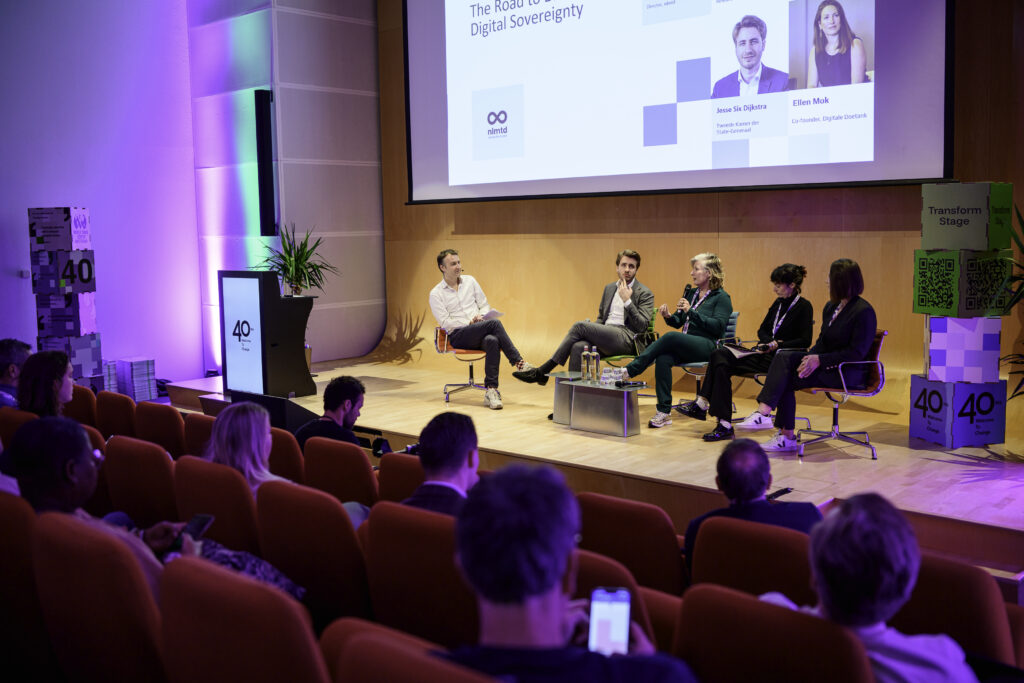
Beyond individual action
For organizations, the challenge is bigger but just as critical. Quirine van Eeden from the the Rathenau Institute stressed that technology choices are political. “Procurement isn’t just a technical decision—it’s about power,” she said. Her call to action: “create a level playing field for European providers. Install a sovereignty check in every tender. If alternatives are viable, give them a seat at the table.”.
Krieger agreed, noting that European tech exists but struggles to break through entrenched habits. “The myth that switching is complex or insecure is wrong. We can prove it’s safe.”
The political push
Former MP Jesse Six Dijkstra, who authored a parliamentary initiative on cloud sovereignty, highlighted the role of politics. His plan: a sovereign Dutch cloud by 2029. “National security and strategic investments aren’t free,” he said. “But vendor lock-in with U.S. hyperscalers is costly too—prices can rise 30% annually.” His solution? Public-private partnerships to build a European tech stack. “The tech is there. What’s missing is urgency and coordination.”
Ellen Mok added a practical call to action: “Vote for digital candidates in parliament. It’s a political problem, and we need people with the right knowledge in parliament.” She urged voters to look beyond party lines and prioritize candidates who understand digital sovereignty.
The technology is there. What is missing is urgency and coordination.
Jesse Six Dijkstra - voormalig Kamerlid
What does success look like?
For the panel, success is not about isolation-it’s about awareness and control. “When individuals and organizations can make informed choices about their digital identity, that’s a tipping point,” Krieger said.
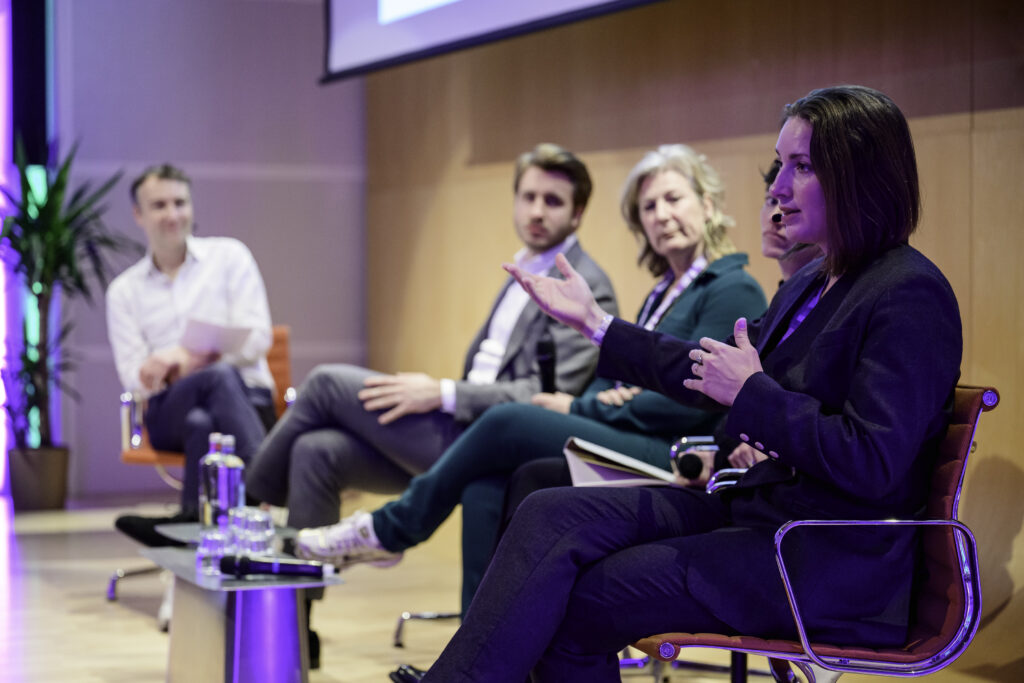
Mok drew a parallel with sustainability: “Ten years ago we realized we were depleting the planet. Digital autonomy is similar-the longer we wait, the higher the cost.”
The outlook
The stakes couldn’t be higher. “Big tech is winning,” van Eeden warned. “If we don’t act now, dependency will further increase.” Six Dijkstra agreed: “This isn’t about Trump or today’s headlines. It’s a structural issue. We can’t go back to the old days.”
The message was clear: change is happening—but not fast enough. Europe must invest, innovate, and legislate to reclaim control. As Mok concluded, “The ship has left the harbor. It’s time to accelerate.”
Your next steps
Looking for guidance on how to make these changes in your organization? At nlmtd, we help organizations turn digital autonomy into a strategic advantage by:
- Mapping your digital dependencies and identifying sovereignty risks.
- Designing procurement strategies that prioritize European tech and open standards.
- Building ecosystems and partnerships to accelerate adoption of sovereign solutions.
- Embedding autonomy into your digital roadmap without sacrificing innovation or cost-efficiency.
